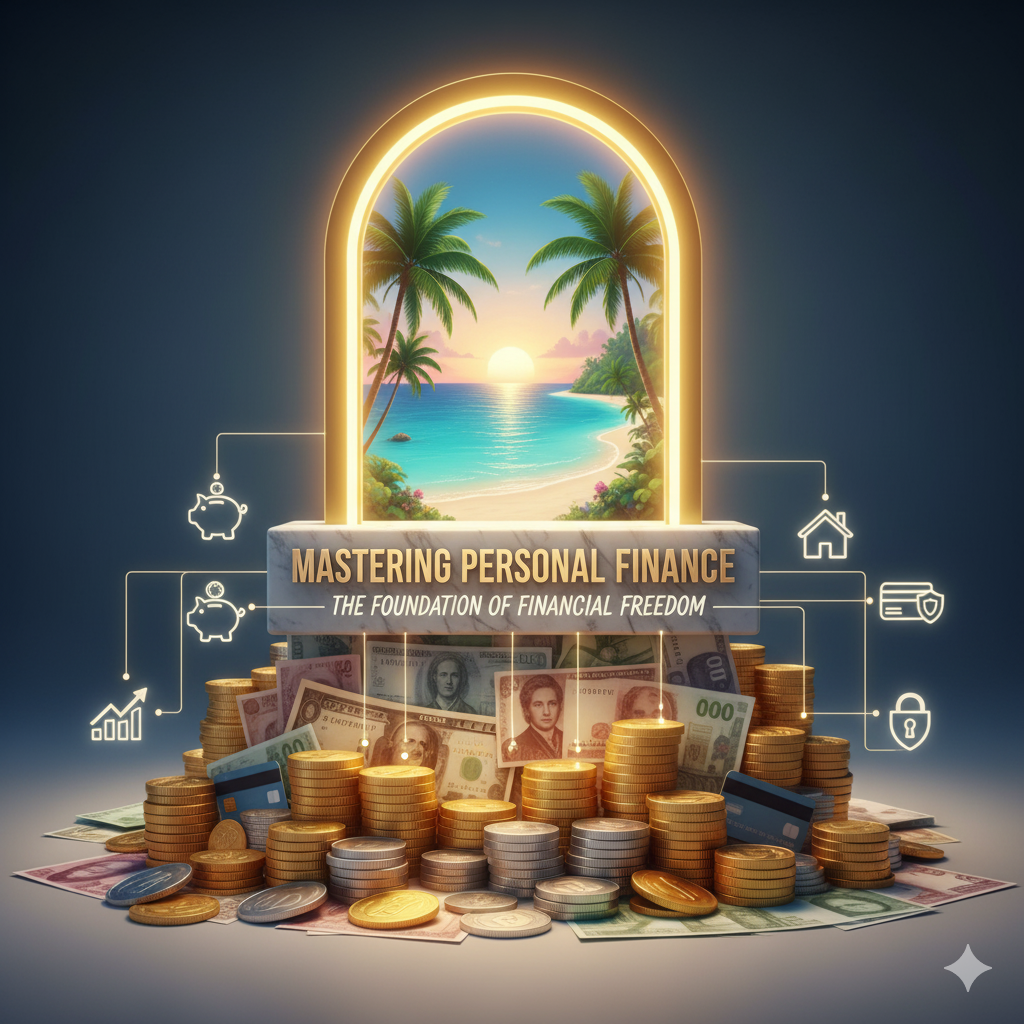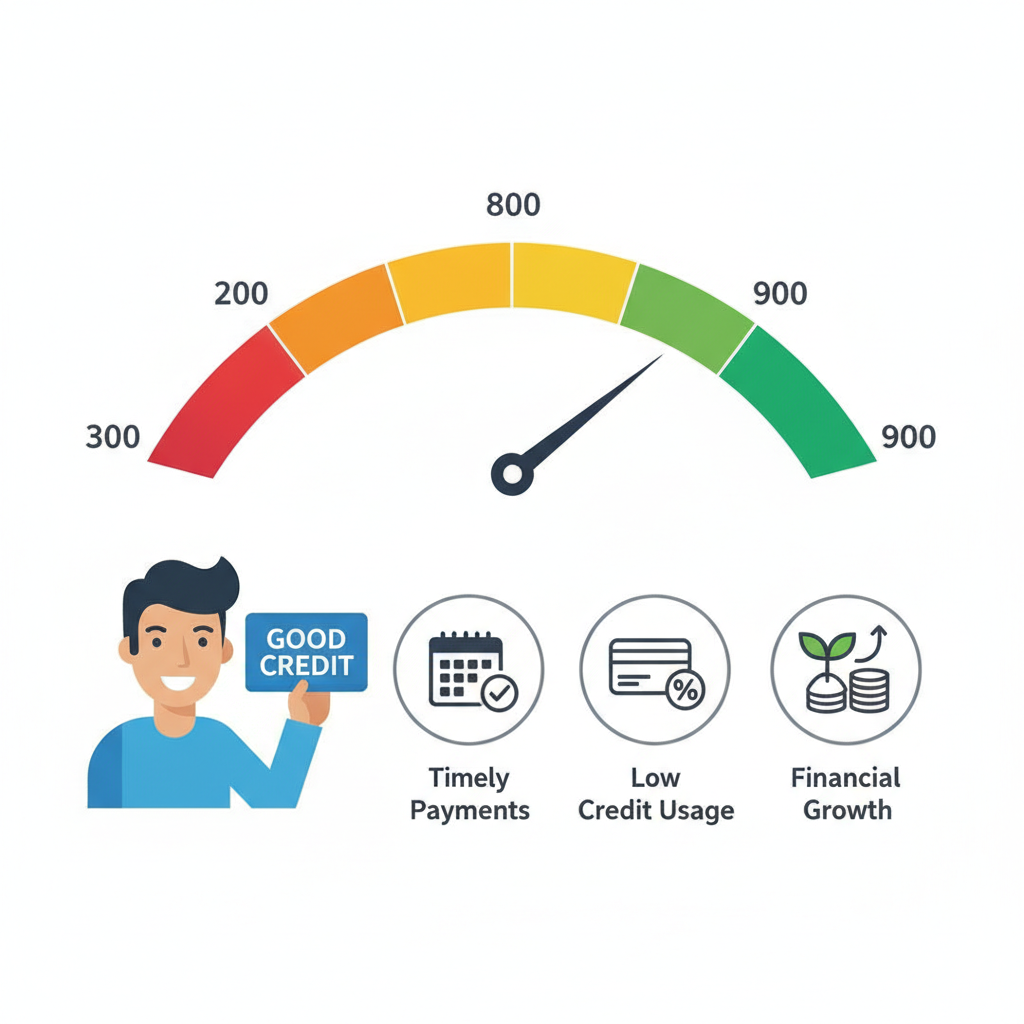In today’s fast-paced world, financial stability is no longer a luxury — it’s a necessity. Whether you are a salaried professional, business owner, or freelancer, understanding how to manage money effectively is the first step toward long-term financial freedom.
1. Understanding Personal Finance
Personal finance is the management of your money, savings, investments, and expenses. It’s not just about earning — it’s about how you plan, save, and grow your income over time. A good financial plan ensures that every rupee you earn works toward your goals, whether buying a home, starting a business, or retiring early.
2. Budgeting: Your First Financial Discipline
Budgeting is the backbone of personal finance. By tracking income and expenses, you gain control over your financial life.
Follow the 50-30-20 rule:
- 50% of income for needs (rent, groceries, utilities)
- 30% for wants (entertainment, travel)
- 20% for savings and investments
Budgeting ensures you never spend beyond your means and always have funds for emergencies or opportunities.
3. Building an Emergency Fund
Financial surprises are inevitable — medical expenses, job loss, or urgent repairs. A healthy emergency fund should cover 3 to 6 months of living expenses. Keep this fund easily accessible, ideally in a high-interest savings account or liquid mutual fund. It acts as your safety net during uncertain times.
4. Start Investing Early
Saving money is good, but investing is what builds wealth. Inflation reduces the value of idle cash, so let your money work for you. Explore diverse options — mutual funds, index funds, bonds, and fixed deposits. For beginners, a Systematic Investment Plan (SIP) is a simple and consistent way to grow wealth over time.
5. Control Debt and Credit
Debt can be a useful tool or a dangerous trap. Use credit cards wisely, repay loans on time, and avoid high-interest debts. Maintaining a good credit score helps you secure loans easily and at lower interest rates when you need them for assets like homes or business expansion.
6. Continuous Learning
Finance is ever-changing. Stay updated about market trends, government schemes, and tax policies. Read reliable financial blogs, attend webinars, and consult certified advisors when needed. Smart decisions come from informed understanding.
💼 Conclusion
Mastering personal finance begins with awareness, discipline, and consistent planning. By controlling spending, building savings, and investing wisely, you set the foundation for a life of financial confidence and independence.




